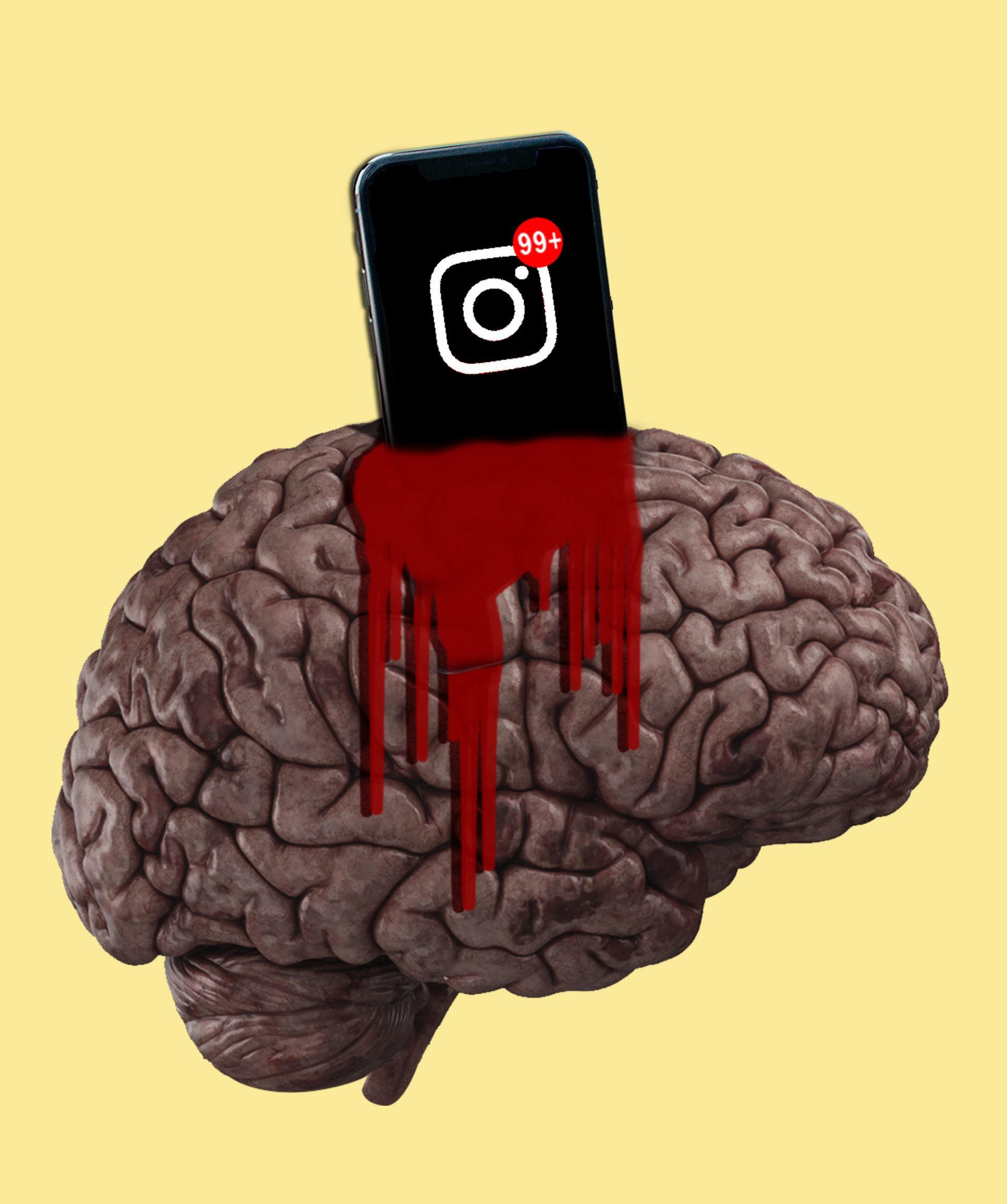Social media is a major part of our lives. We use it to stay connected with friends and family, stay updated on current events, and even showcase our personal style. But how much does social media affect our mental health? The answer may surprise you. Recent studies have shown that social media can have a powerful impact on mental health, both positive and negative. In this blog post, we’ll examine the effects of social media on mental health, as well as discuss ways to manage social media usage if it begins to become detrimental to your wellbeing.
The Negative Effects of Social Media on Mental Health
It’s no secret that social media can have negative effects on mental health. A constant stream of news and images from around the world can be overwhelming, and the pressure to present a perfect life online can be damaging. Studies have linked social media use to increased anxiety, depression, and loneliness.

If you’re struggling with your mental health, it’s important to limit your time on social media and take breaks when needed. You should also be mindful of the types of content you’re consuming and make sure you’re following accounts that make you feel good. Don’t hesitate to unfollow or block people and pages that make you feel bad. Finally, remember that what you see on social media is often a filtered version of reality – don’t compare your life to someone else’s highlight reel.
The Positive Effects of Social Media on Mental Health
Social media has been linked to positive mental health outcomes including increased resilience, self-esteem, and social connectedness. In one study, Facebook use was associated with improved mental health outcomes including increased self-esteem and satisfaction with life. The use of social media has also been linked to increased levels of empathy and compassion. In a study of college students, those who used Facebook more frequently had higher levels of empathy than those who did not use Facebook as much.
In another study, social media use was associated with increased levels of social connectedness and subjective well-being. Social media provides a way for people to connect with others who have similar interests and experiences. This can lead to a sense of belonging and social support which are important for mental health. Additionally, research has found that social media use is associated with lower levels of loneliness.

There are many potential explanations for these findings including the fact that social media provides a way for people to connect with others, share experiences and information, and receive support from others. Social media also offers an outlet for self-expression and can be used as a tool for coping with stress or difficult life events. Additionally, the wide reach of social media means that it can be a valuable resource for finding information about mental health or connecting with others who may be experiencing similar struggles.
How to Balance Social Media Use and Mental Health
It’s no secret that social media can have a negative effect on mental health. A recent study found that people who use social media more than two hours a day are twice as likely to experience depression and anxiety. So how can you balance your social media use and mental health?
Here are some tips:
1. Limit your time on social media.
If you find that you’re spending too much time on social media, set a limit for yourself. For example, only allow yourself to use social media for 30 minutes a day. Once you reach your limit, log off and do something else.
2. Use social media mindfully.
When you are on social media, be mindful of what you’re doing. Pay attention to how you’re feeling and why you’re using social media. If you’re using it to escape from your problems or compare yourself to others, it’s likely harming your mental health. Instead, try to use social media in a positive way, such as connecting with friends or sharing interesting content.
3. Take breaks from social media.
If you find thatsocialmedia is affecting your mood or causing anxiety, take a break from it. Delete the apps from your phone or log out of your accounts for a period of time. This will help you reset and come back with a fresh perspective.
4. Seek professional help if necessary.
In conclusion, social media has had a profound impact on mental health. While it can be a great way to stay connected with friends and family, there are certain risks associated with its use that should not be ignored. We need to make sure we’re aware of the potential effects of using social media so that we can protect ourselves from the negative impacts while still having an enjoyable online experience. It’s important to take steps towards creating a healthy balance between our digital lives and our offline lives if we want to maintain good mental health in the long run.
